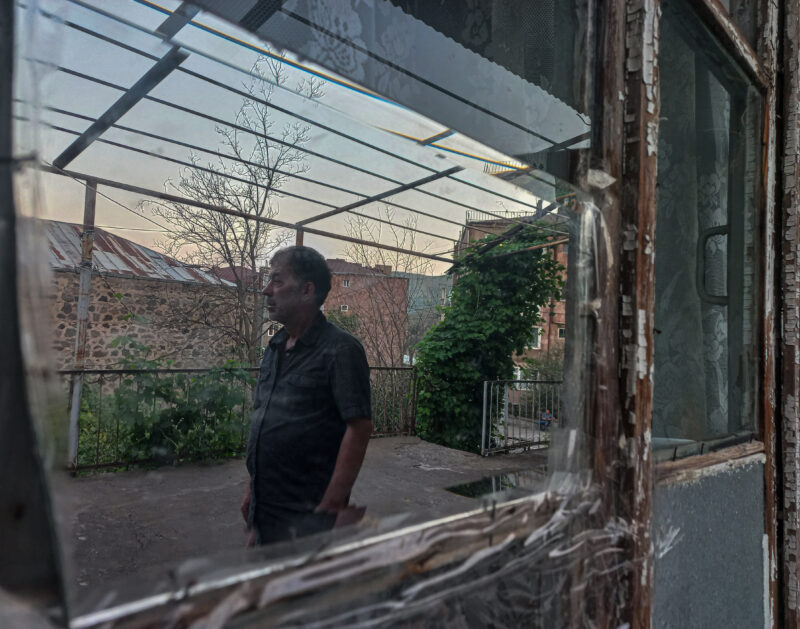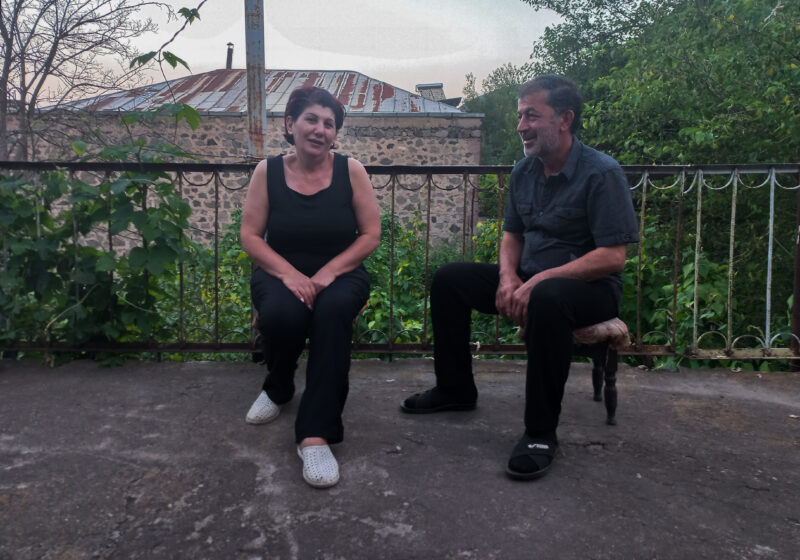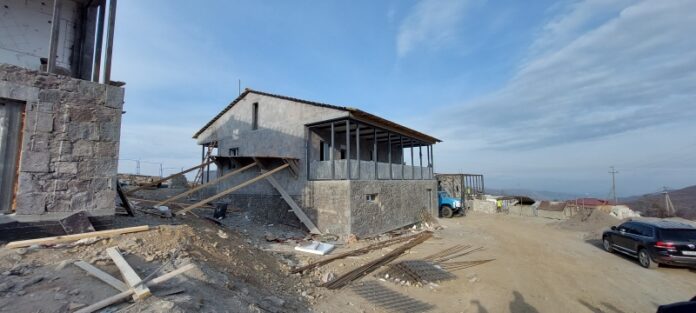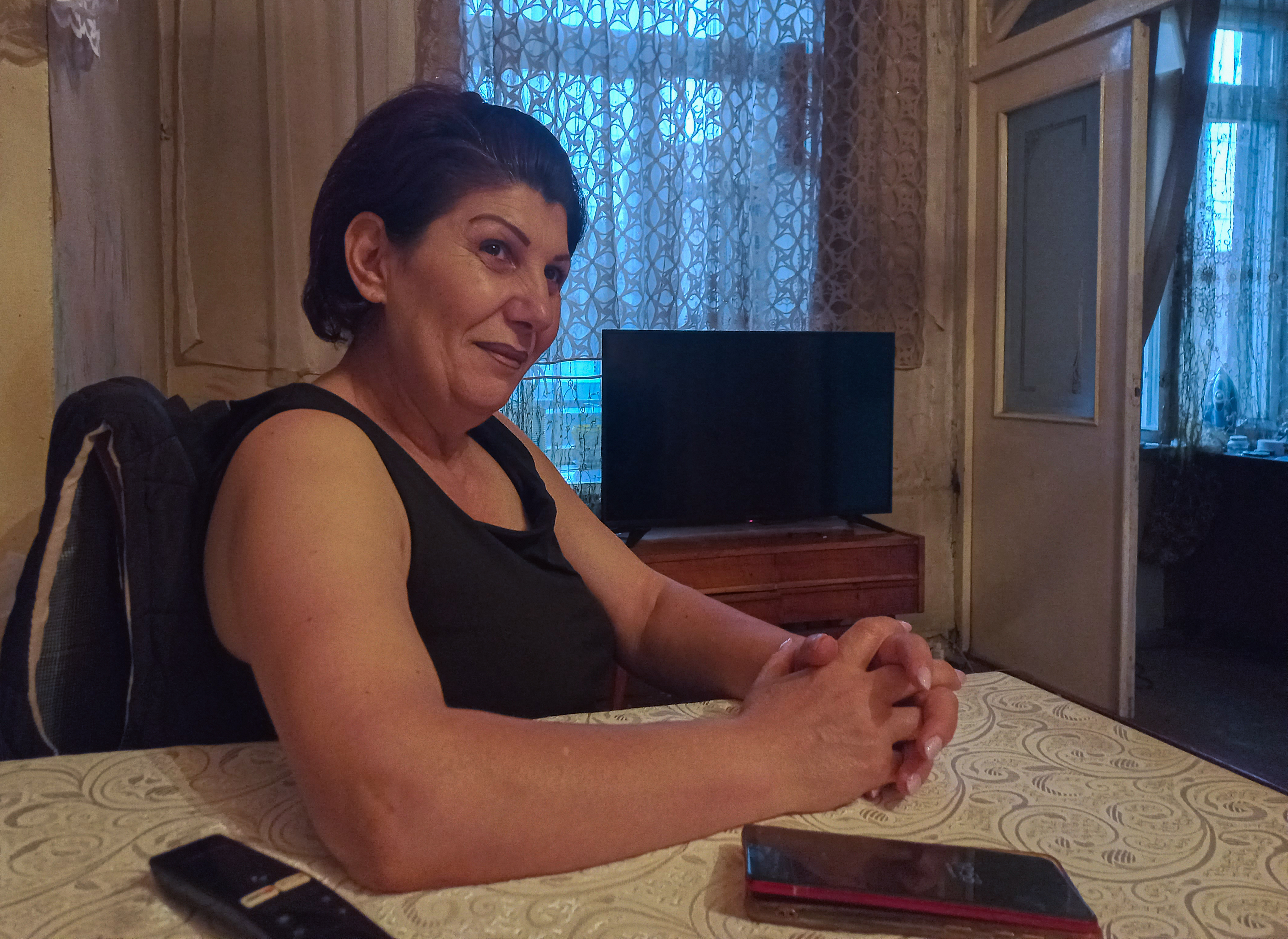By Sona Hovsepyan
Special to the Mirror-Spectator
GORIS, Armenia — Armen Harutyunyan, a 58-year-old farmer, badly wishes he could visit his former home in Shurnukh in Syunik Province of southern Armenia, but that’s not possible. His house, its 1,200-square-meter garden and a cowshed lie on the other side of his village. Today, that area is under Azerbaijani control.

“The Azerbaijanis allowed us to stay in our home until January 5, [2021], after which we had to leave. My son suggested setting fire to the house, but I refused as I had built it with my own hands. Today, an Azeri family lives in our home,” said Harutyunyan.
After the 44-day war in 2020, Azerbaijan took control of some parts of Shurnukh as well as some other areas along the Goris-Kapan route. Azerbaijani troops were deployed throughout the contested border.

Thirteen Armenian families were forced to flee their homes, as reported by the government of Armenia. Some Shurnukh residents relocated to the city of Goris, while the others remained to live in trailer homes, empty houses of neighbors, and even the municipality building in Shurnukh.











